An updated demonstration policy adopted this past week expands the requirement for advanced university permission from students to also include faculty and staff.
The policy describes in detail the guidelines for protests by the Marquette community, including where they can be held, what behavior is allowed and how to receive permission. In the past, the demonstration policy only made direct reference to students.
Individuals are allowed to protest in the Alumni Memorial Union with a registered liaison and space reservation from the university. The policy states that registered events in the AMU must be in the “public areas of the Alumni Memorial Union, which includes adjacent green space.” Peaceful walkthrough demonstrations in the AMU are permitted without a space registration, given that the participants do not remain in the space.
Students, staff and faculty need advance permission from the university and registered liaison to protest at other areas on campus.
Protestors are responsible for maintaining the state of the space they occupy, and the university can charge participants fees for property damage or cleaning services.
University officials can film, record or take pictures of a protest. The length of a protest is also subject to university discretion based on whether university operations or “the rights of others” are compromised.
Participants can expect university officials, such as members of MUPD, to be present, according to the policy. The university can also enlist assistance from other law enforcement agencies, including the Milwaukee Police Department.
Students, staff and faculty can face disciplinary actions according to university codes of conduct if they do not comply with the new policy.
“The university felt it was important that all members of the Marquette community be held to the same standards and practices with respect to peaceful demonstrations on campus,” university spokesperson Chris Stolarski said in an email. “The policy is designed to ensure the safety and security of students, faculty, staff and visitors.”
Neal Wurcherer, Alumni Memorial Union director, said the new policy will serve as a safety measure.
Because the AMU serves the campus community as well as visitors and guests, Wurcherer said students, faculty and staff are expected to remain respectful and uphold Marquette’s Jesuit mission and guiding values.
The policy raises questions about the spirit of the First Amendment on college campuses.
“It’s a very dangerous policy for the university to adopt,” Philip Rocco, an assistant professor of political science, said. “Even though this is a private institution, universities have a responsibility to preserve and protect free expression, and Marquette has a tradition of doing that. I think this is a departure from that tradition.”
Rocco attended unionization demonstrations at Marquette last spring. At the protests, community members gathered to advocate for better pay, job security and health care benefits for non-tenure faculty and graduate students through unionization.
Rocco said he regards demonstrations as an effective way of putting pressure on people to respond to situations and to spur change.
“One of the things (large institutions) have to do to adapt to changing conditions and to survive is that they have to learn about the problems that different people face at the institution,” he said.
Rocco said the university also has a responsibility to teach students to participate in a democratic society.
“The message this policy sends to students is that you can have grievances and express them as long as you clear them with us, the administration, first,” Rocco said. “I think that’s a dangerous message.”
Sam Harshner, an adjunct instructor in the College of Arts & Sciences, said he thinks the community will see the new policy as a violation of the principle of free speech.
“I think what you will see in coming days and weeks is that the campus and the community is up in arms about this,” Sam Harshner, an adjunct instructor in the College of Arts & Sciences, said. “I find it ironic that a university that talks about its students setting the world on fire and being men and women for others would go out of its way to subject their free speech to the authority of the institution.”
Harshner helped organize the unionization demonstrations this past spring.
Individuals seeking permission for demonstrations can go to the Office of Student Development for student groups, the Office of the Provost for faculty or the Department of Human Resources for staff.
“Per the policy, they may also request to demonstrate in other campus areas; however, this requires prior approval and may be granted with certain stipulations,” Stolarski said in an email. “It is the university’s priority to ensure the safety and security of any building’s occupants and guests, as well as ensure normal business operations continue uninterrupted.”
It is unclear what stipulations for demonstrations could include.
“The university doesn’t regulate all kinds of other behavior that can go on. It singles out this particular form of action, which can be anything the university determines to be disruptive. It’s not clear, it could be imposed in an arbitrary way. Whatever somebody (in the administration) doesn’t like,” Rocco said.
The policy makes a distinction between a peaceful protest and a disruptive protest. If a counter protest follows an approved demonstration, the participants are expected to maintain peace and order.
A disruptive protest could include not following closed hours of a building, blocking building entrances, being violent in any way or creating a disruptive volume of noise, to name a few. These kinds of protests will not be permitted, according to the policy. Peaceful demonstrations are permitted, including protests, parades or rallies.
Rocco said he doesn’t see a meaningful difference between the university’s definitions of peaceful and disruptive protests.
“I think that the university makes a completely erroneous distinction between peaceful protests and disruptive protests, but in reality, peaceful protests are often disruptive protests too,” Rocco said. “It’s absurd to me. It is an insult to the intelligence of faculty and students on this campus.”
Rocco said he disagreed with limiting people’s ability to amplify their voices.
“The university did not provide a rationale for this policy. As the faculty, we share governance of this university, (and) we were not involved in this decision in any way, and so it’s really hard for us to say even what the reasoning would have been about why this policy was enacted, and I think from the perspective of shared governance, that’s a very bad precedent to set,” Rocco said.
Harshner said he thinks the university should be catalyzing debate and inspiring people to be passionate.
“Instead, this is an effort to tap down dissent, to tap down free expression of ideas, and it goes along with the pattern the university has had which is that they want to centralize power in Zilber Hall and keep other voices from having a say in what the university policy is,” Harshner said.
The university did not comment as to whether the policy change was a result of unionization rallies by faculty and staff members last spring.
Sarah Lipo contributed to this report.

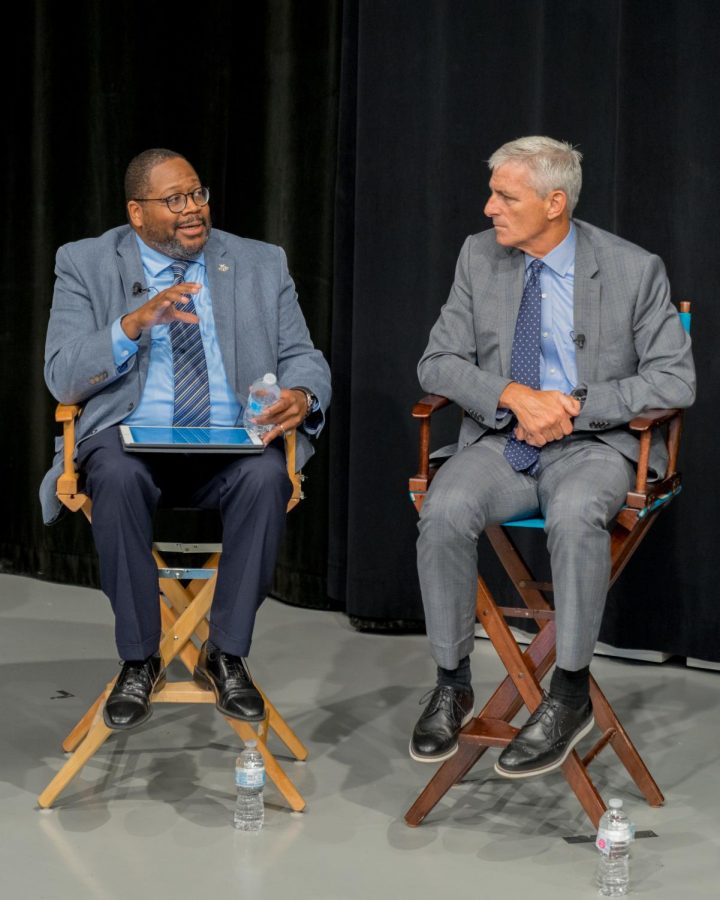
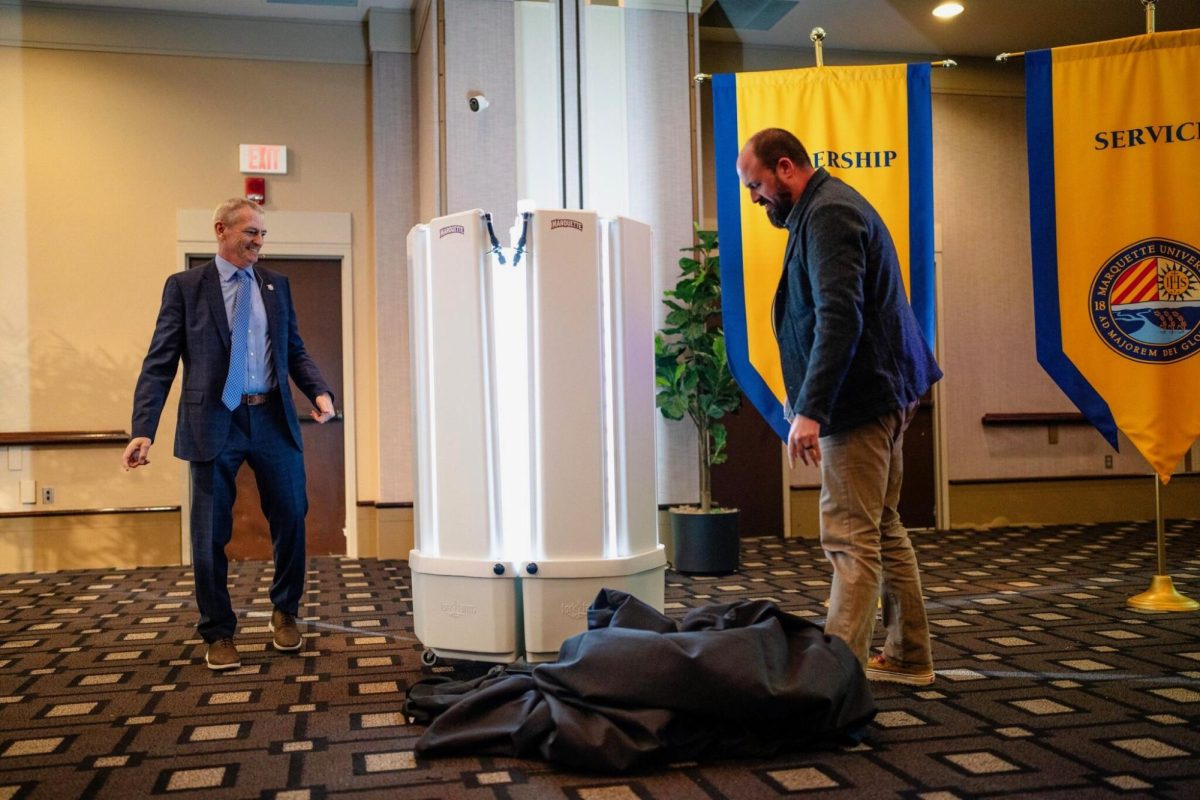
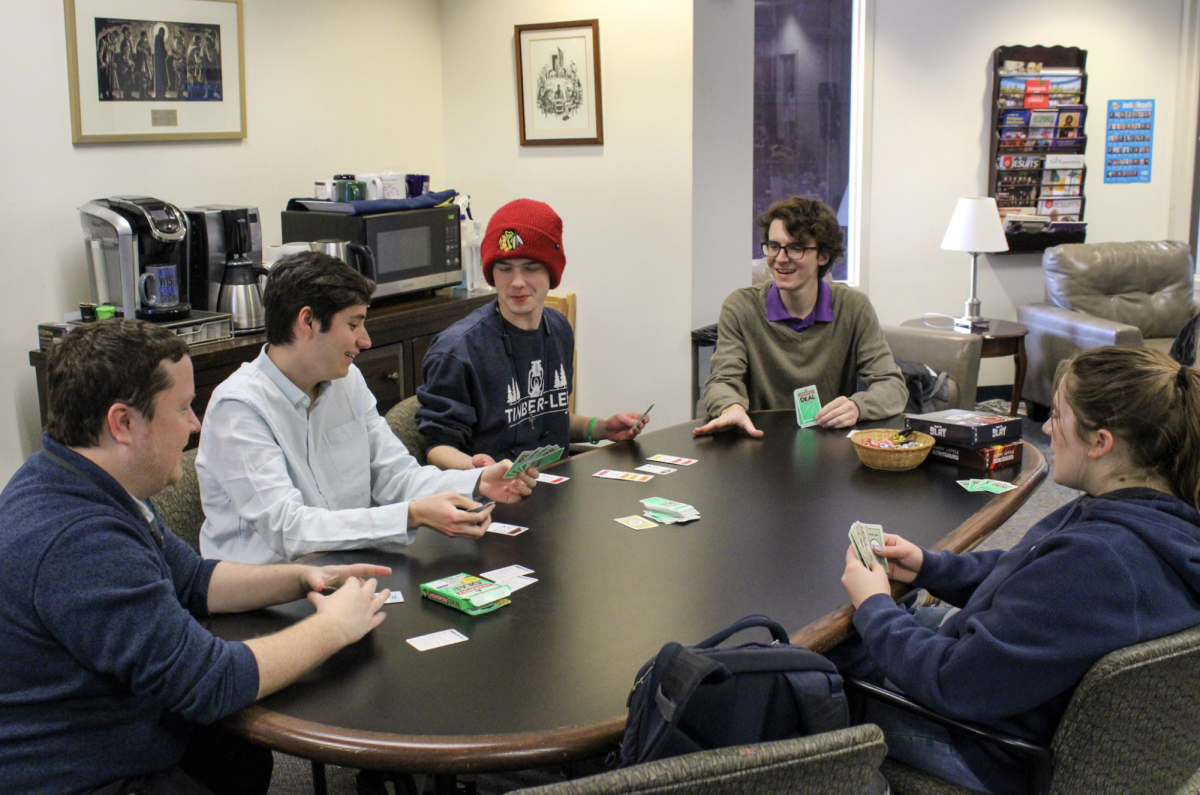
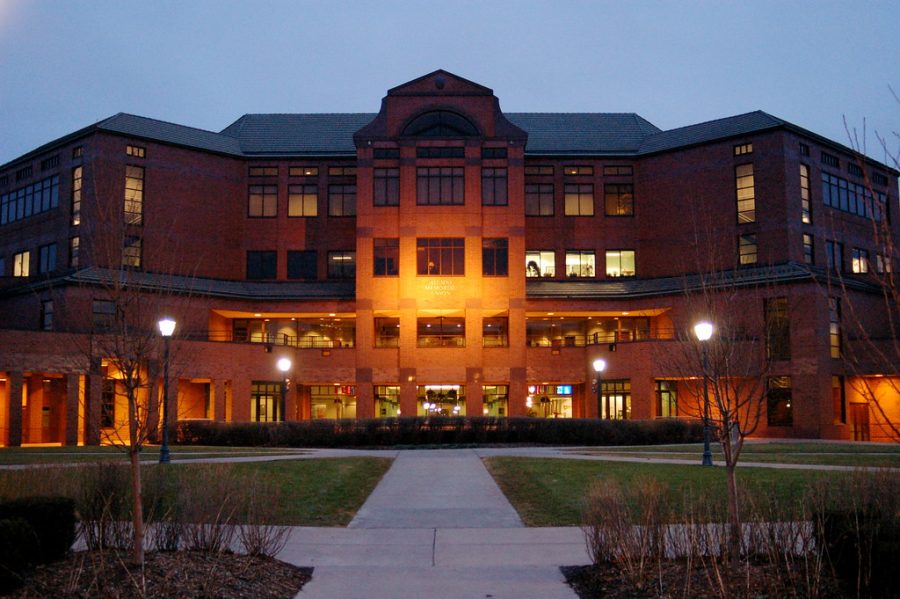
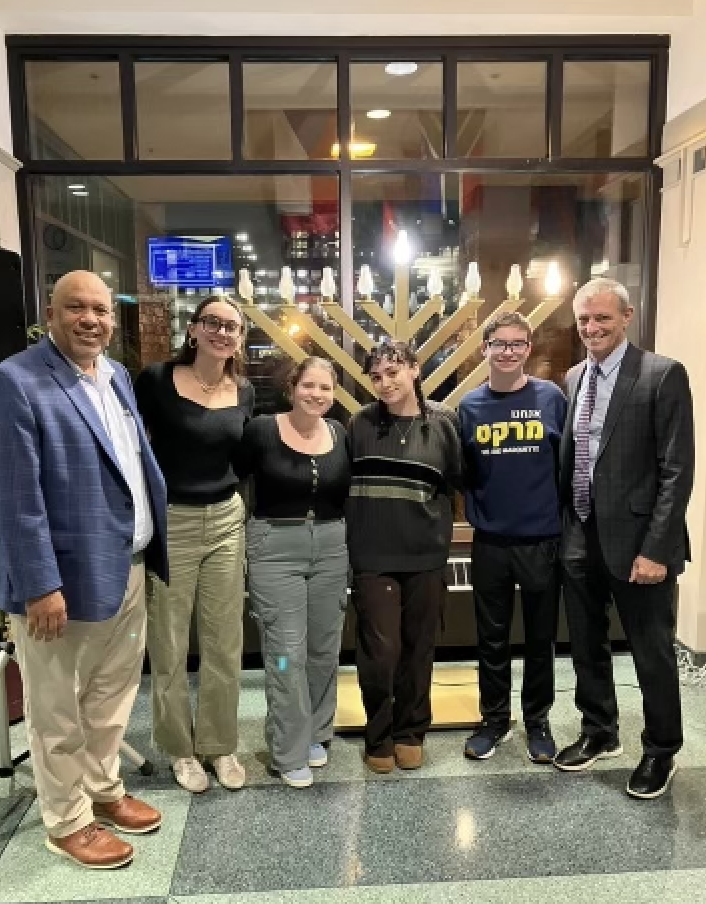
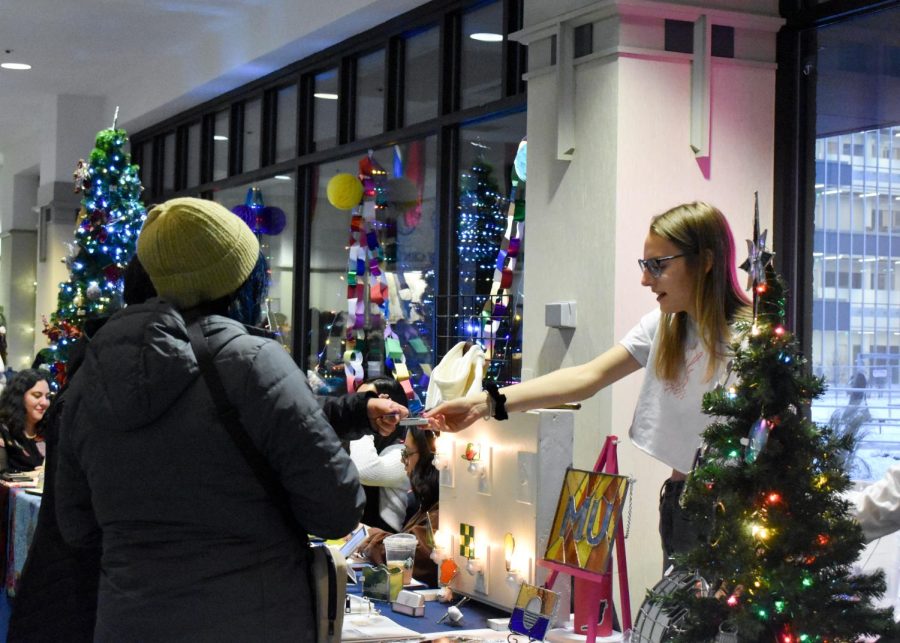
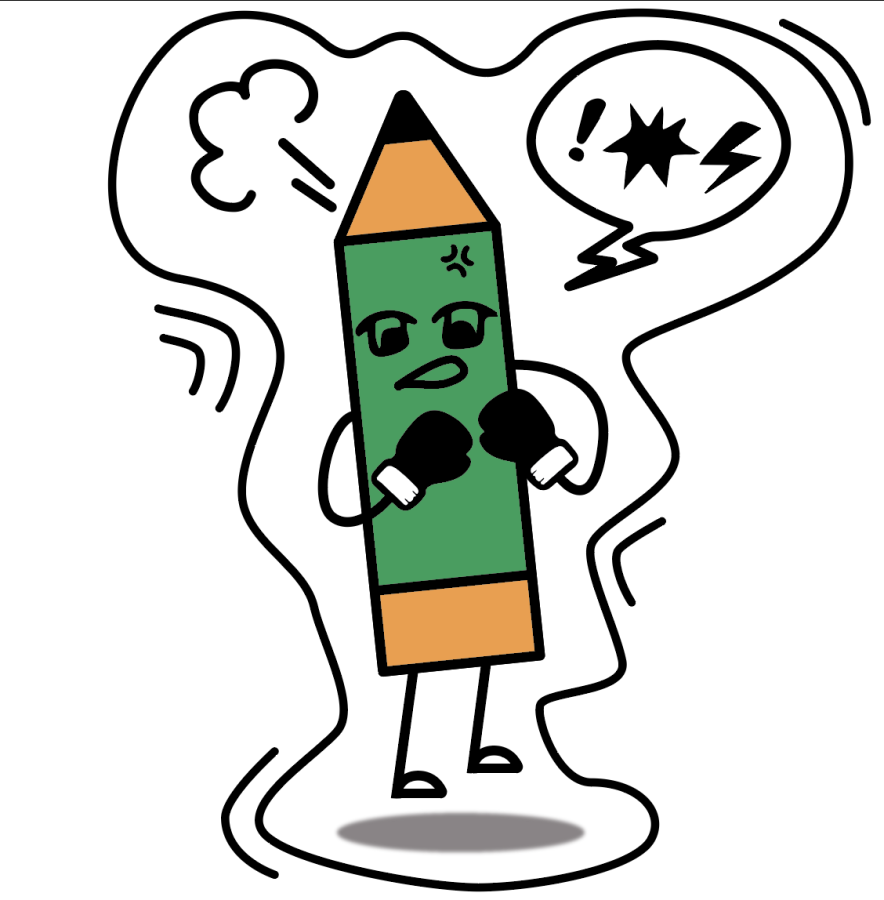
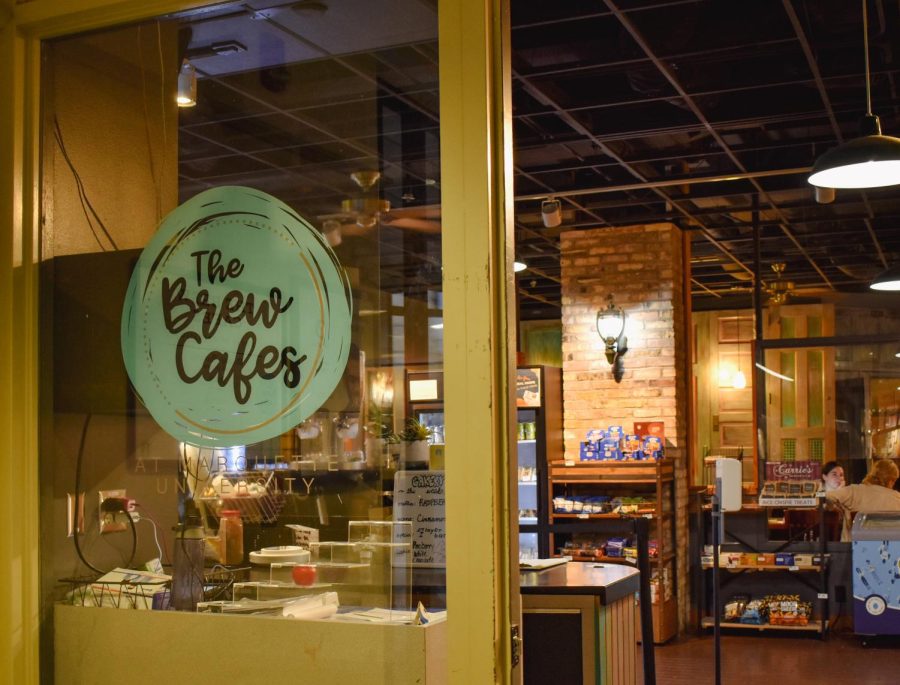

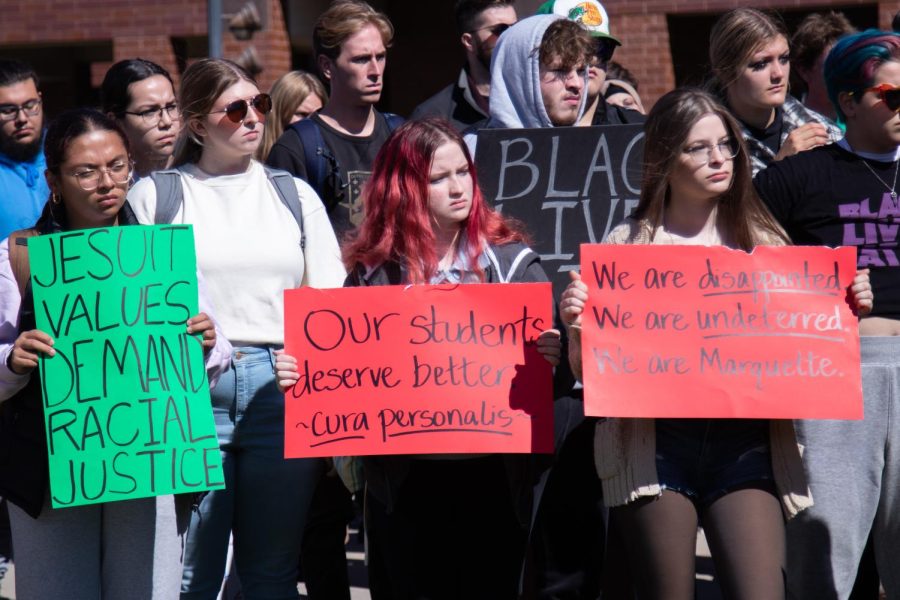
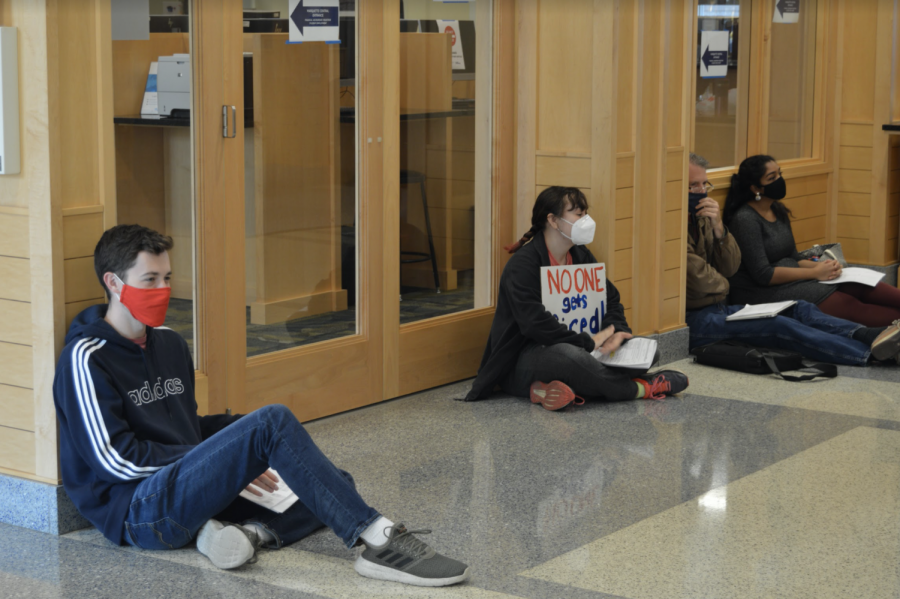
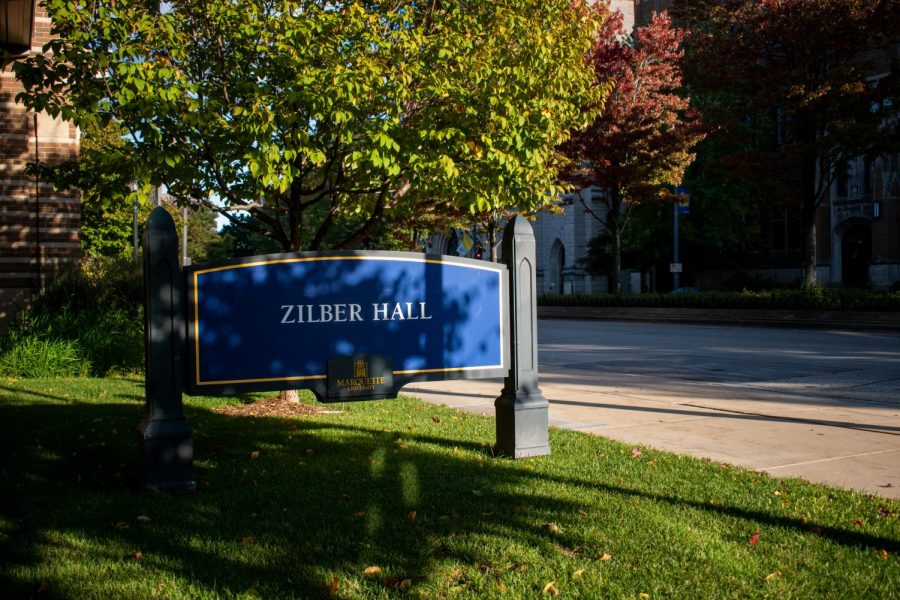
Darla jurado • Aug 27, 2019 at 10:44 pm
I’d like to know in the future the demonstrations that don’t get approval and why.
Pat Flannery • Aug 27, 2019 at 11:26 am
Professor Rocco is spot on.